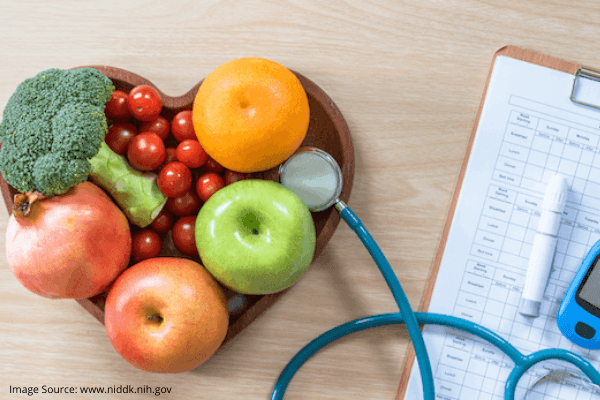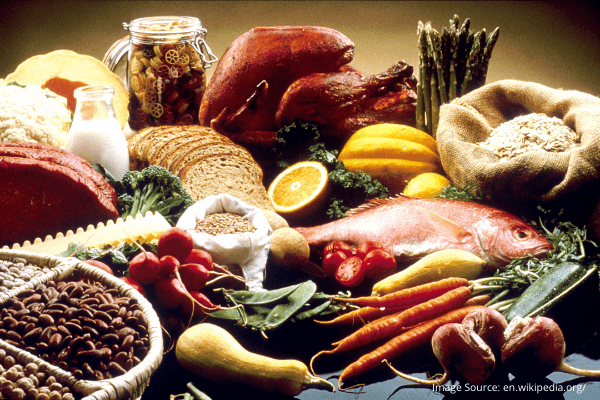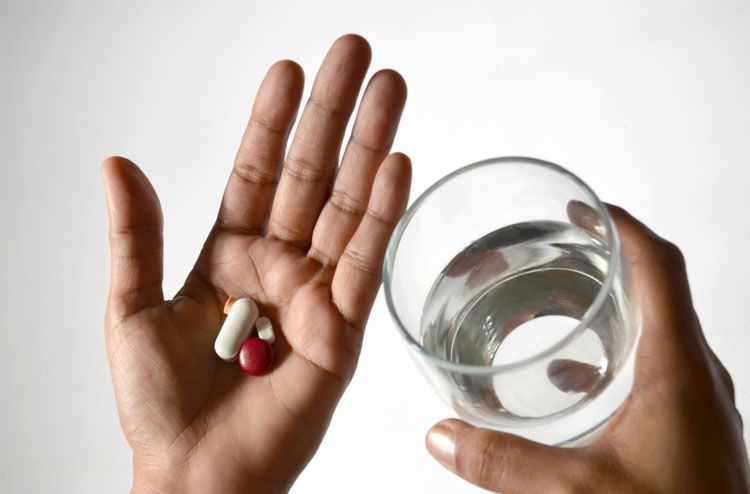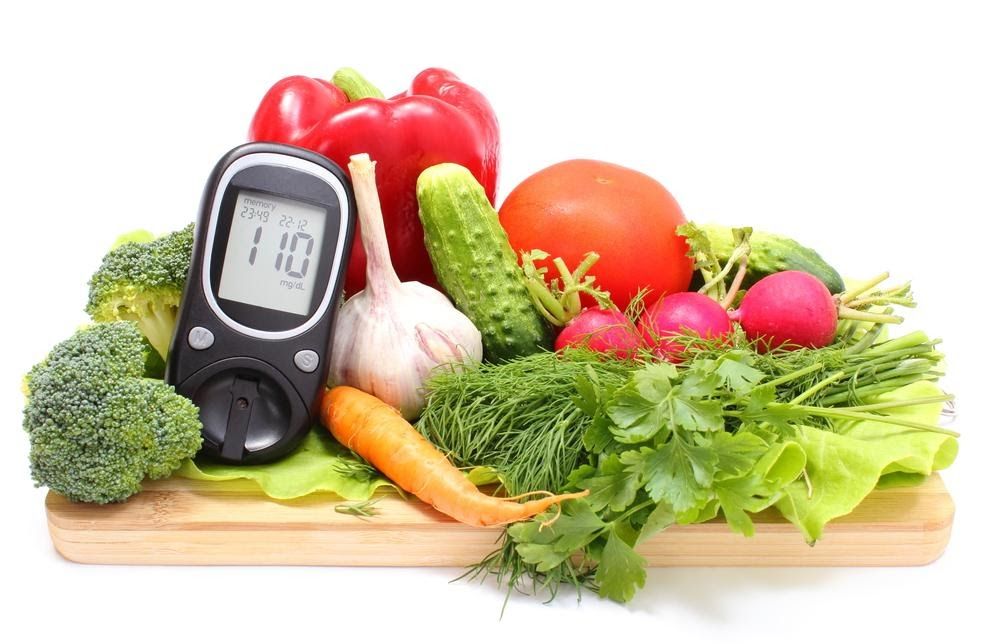Management Tips for Type 1 Diabetes
Diabetes, also known as diabetes mellitus is a condition where the blood sugar levels are higher than normal. There are two major categories of diabetes, type 1 also known as juvenile or early-onset insulin-dependent diabetes and type 2, non-insulin-dependent diabetes.
Type 1 diabetes usually develops quite quickly over a few days or weeks. It is due to an autoimmune condition whereby the body starts producing antibodies against itself, more specifically against the beta cells in the pancreas which are involved in insulin production. Only in rare conditions is it due to other causes such as surgical removal of the pancreas or severe inflammation of the pancreas.
Insulin is an essential hormone necessary for controlling blood glucose levels; if the blood glucose levels remain too high over period of time, irreversible damage starts to set in among the various organs and lead to certain death. Treatment is by the regular use of insulin injections and by following a healthy diet that’s controlled in carbohydrates.
Type 1 diabetes can set in from early childhood, sometimes even below the age of 5 years; it accounts for about 90% of diabetes cases among those below 25 years of age. About 15% of diabetic children also have a first-degree relative with diabetes too. Children with diabetic fathers have greater chances of developing diabetes as compared to children with diabetic mothers.
Managing diabetes in youngsters, especially in children as young as 5 years or less is a major challenge that parents get to face every day. Maintaining blood glucose levels in the normal range requires a constant balancing act among various parameters such as diet, exercise, stress, general health, medications, etc. Before a management plan can be formulated, a general assessment of the health and lifestyle of the patient needs to be taken into consideration.
Treatment basically involves lifelong insulin replacement injections or the use of an insulin pump. Blood glucose levels will have to be monitored daily, sometimes up to 6 times a day. Basically the patient gets to decide how much insulin to take depending on the sugar level – close collaboration with the doctor and understanding the limits of insulin use are essential here. The diet needs to be monitored carefully too with carbohydrates spread out over the day coupled with regular physical activity or exercise. Aside from lowering the risk of cardiac diseases, exercise also promotes the optimal use of the insulin.
The patient would also need to go for regular check-ups and routine screenings for eyes, heart, kidneys, blood vessels and nerve diseases. Abstaining from smoking and alcohol also helps diabetic people avoid complications from periods of low blood sugar levels.
Blood sugar levels are also easier to control and maintain if there is a daily routine for mealtimes, specific meal plans and proper exercises.
However, once your sugar levels reach near the normal limits, you will still need to keep taking minimal doses of insulin to decrease the stress on the pancreas.
Ten Effective Remedies That You Can Refer to When You Are Suffering from Muscle Cramps
Finally starting off with the gym life can get too overwhelming until you hit those muscle cramps along with the weights.
ICSI(Intra Cytoplasmic Sperm Injection)
Normally during every mid-menstrual period, one of the 2 ovaries releases an ovum. Each ovum is covered by a membrane called follicle,
Pregnancy and Delivery Care
Nothing could possibly compare to the joy of becoming a parent. After nine long months of waiting, the moment you have been waiting for is almost there:
Some Common Causes of Chest Pain
The first thing that jumps into the mind whenever you have some sort of chest pain is heart attack! It’s only human to feel that way
Organic Food Vs GMO Food: What Should You Pick?
There is no doubt that the quality of food we consume is crucial for our good health. And with more people becoming health conscious the d
Importance of Breastfeeding and Vaccinations for Newborns
Going nature’s way is best when it comes to providing nourishment for the apple of your eye – your baby. Breast milk is best for your baby as it
Percutaneous Nephrolithotomy (PCNL): A Breakthrough in Kidney Stone Treatment
Kidney stones, those small, hard mineral deposits that form in the kidneys, can cause excruciating pain and discomfort.
Skin Tags - Benign Tumor or Cancerous Tumor?
Skin tag if observed is a narrow stalk that hangs about your skin, bulging at the end. They are usually freshly colored and can grow anywhere on your body.
3 Ways Vitamin C is Helpful for the Immune System
The water-soluble vitamin, Vitamin C is also known as ascorbic acid. It is helpful in building up the blood vessels, skins, and making bones stronger
4 Signs of Mental Illness
As life has gotten fast and hectic, different health issues have got introduced lately. Not just physical issues,
4 Ways Night-Shifts Can Be Dangerous For Your Menstruation And Ovulation
A good night's sleep is of value for pregnant women. But with strenuous work-hours and shift work, sleep can quite a luxury for all.
Causes Of Infertility in Women
More and more women are putting off pregnancy till well into their 30’s or early 40’s for career reasons; infertility is fast becoming a major heartbreaking issue for such couples.
Do Not Indulge in These 9 Common Dieting Mistakes
Dieting is not just about eating less or starving yourself to meet unrealistic goals. Healthy dieting involves making informed food choices.
Laryngeal Reiinervation Procedure at KIMS Hospital
Mr. K.P 56-year-old business executive from Bangalore underwent a thyroid surgery two years back.
Learn How Stress Affects Your Heart Health
Stress is a frequent side effect of the modern 21st Century lifestyle. We’re always running around to meet deadlines, pay bills we tend to
Lose Weight: The Healthy Way
Almost everyone we know is worried about the way they look. There are several concerns people have, like their complexion
Myths About Bariatric Surgery
Bariatric surgery – be it the gastric bypass and other weight-loss surgeries – involve making changes to your digestive system to help you lose weight.
Non-alcoholic Fatty Liver Disease: Should You be Worried?
A recent study has found that 1 in 5 people in India suffers from liver disorders. Before you blame it on the increased alcohol consumption
Obesity and its Relation to Type 2 Diabetes
Diabetes is a condition that arises when the body doesn’t produce enough insulin,, hence there is excess glucose in the blood
Rotator Cuff Tear
A rotator cuff tear is a rotator cuff injury that can cause shoulder pain and loss of arm function. The rotator cuff is a set of muscles and tendons in your shoulder.
What Happens to Your Body When You Fast?
Fasting has been practised by humans for thousands of years as a way of rejuvenating the mind, body and soul and as a common ritual of many religions from all over the world
Why You Shouldn’t Consume Medicines with Cold Water
There has been a long-raging debate on the temperature of water needed for consuming medications. You won’t find much as in research papers
10 Tasty Delicious Diabetic-Friendly Recipes
Worry about it no more, as a healthy diabetic diet does not have to be bland. Instead, you can enjoy a myriad of flavorful, low-calorie
4 Not So Common Health Problems in Teenagers
The current generation of teenagers have far more access to technology and gadgets than their parents did.
4 Secrets to Adjusting Your Toddler's Sleep Cycle
Most of the parents, some time or the other, may have faced the trouble of making their toddlers sleep at night.
Related Blogs
Ten Effective Remedies That You Can Refer to When You Are Suffering from Muscle Cramps
Finally starting off with the gym life can get too overwhelming until you hit those muscle cramps along with the weights.
ICSI(Intra Cytoplasmic Sperm Injection)
Normally during every mid-menstrual period, one of the 2 ovaries releases an ovum. Each ovum is covered by a membrane called follicle,





































